80% of maritime accidents are caused by human error.
At sea or on waterways, alcohol and drugs are even more dangerous than on land because of the changing environment. The motion, vibration, engine noise, weather, can emphasise the effects of taking drugs or alcohol. This leads to a strong decrease in awareness and hazard perception.
The implications for a member of staff who consumes alcohol or drugs are greater than for those who do not. It’s not just their safety they are putting at risk, but everybody on board.
P&O Ferries has sacked seven agency workers after they were found to have been drinking alcohol while on duty. They were “found to be in breach of our strict guidelines on alcohol consumption and have been dismissed with immediate effect”.
P&O has been struggling to resume its services since it took the decision to replace staff with agency workers. Two of its ships on the Dover to Calais route have been detained by the Maritime and Coastguard Agency over safety concerns. The latest, which came last week, was “due to surveyors identifying a number of deficiencies”, the agency said.
Whether agency staff or employees, most maritime companies have policies that eliminate the amount of drugs or alcohol being taken by their crew. Despite this, infringements and accidents at sea still happen.
Only regular, randomised testing and staff training can uphold the policies in place and deter workers from drinking on the job.
Racoo Screening works with maritime companies of all sizes to help implement effective workplace drug and alcohol testing policies that comply with international regulations. We also offer a complete drug and alcohol testing service and can conduct staff training. To find out more, contact us here.
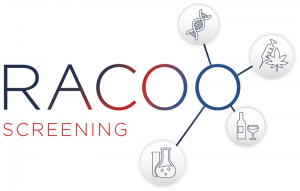
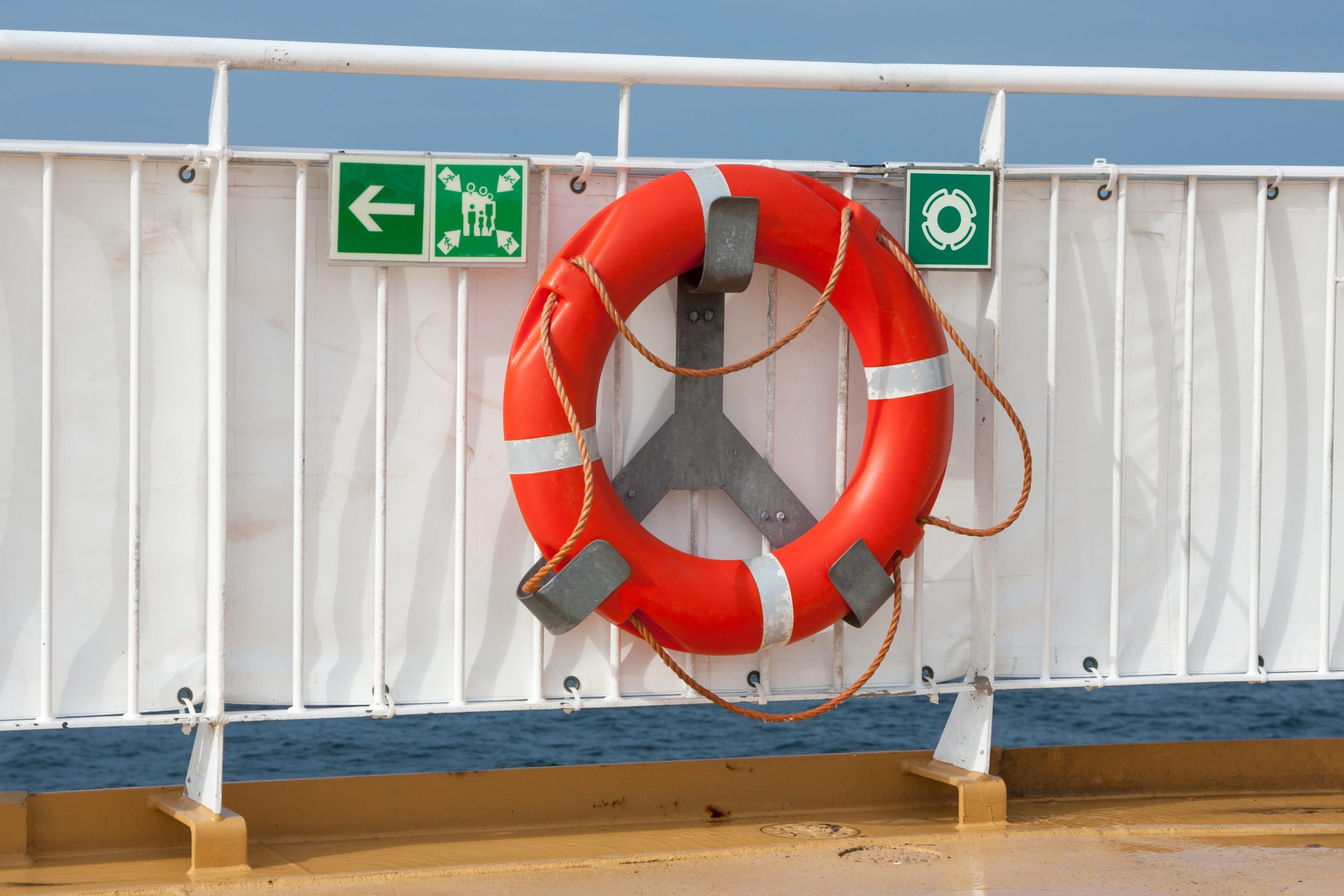
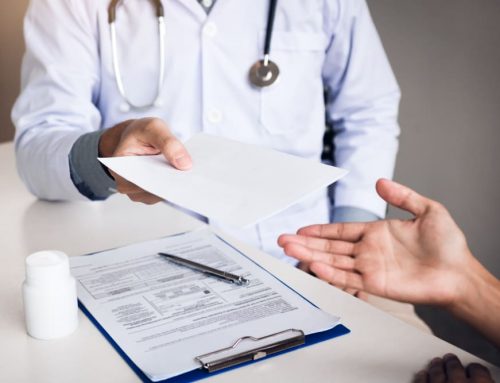
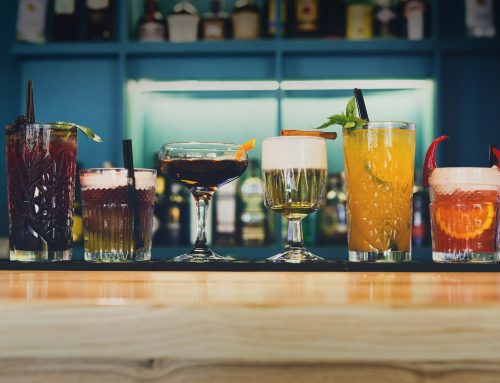
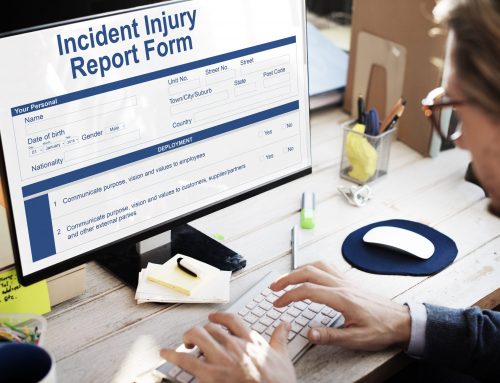
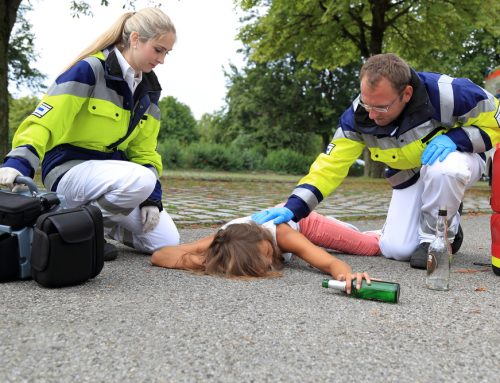
Leave A Comment
You must be logged in to post a comment.